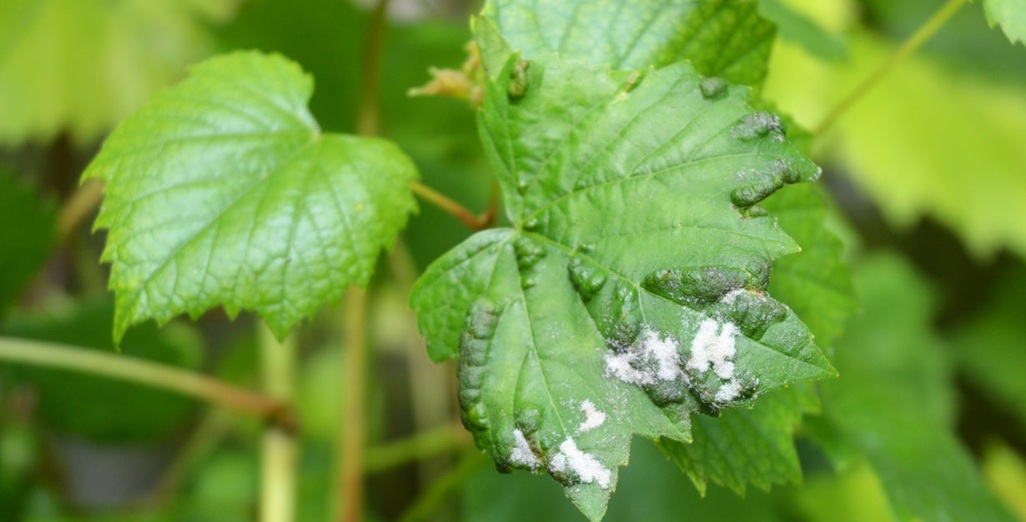Sign up here to subscribe to the Grower2grower Ezine. Every two weeks you will receive new articles, specific to the protected cropping industry, informing you of industry news and events straight to your inbox.
Nov 2019
Berry Workshop presentation: Marco van den Berg

Nutrition Product Category Manager, Horticentre Group
At last month’s Berry Workshop, in Pukekohe, the 60 strong audience were treated to an informative presentation from the Horticentre Groups Nutrition Product Category Manager, Marco van den Berg.
As growers we generally have a good grasp of the detrimental effects high levels of sodium may have on your growing outcomes but what is just as important is the issues high bicarbonate levels can cause. Marco based part of his presentation on why high bicarbonate levels may be detrimental to crop production outcomes.
- Bicarbonate is not taken in by the plant but can have a negative result for the crop
- Water can have a high concentration of bicarbonate
- There can be an increase of hydroxide OH-
- CO2 + OH- will become bicarbonate HCO3-
- In a substrate, with a good pH-buffer, the increase of bicarbonate can be minimised or non-existent
- When there is bicarbonate in the root zone, the pH will be difficult to adjust
- Some substrates have a low pH buffering capacity (coco/bark)
- Bicarbonate can react with Calcium and Magnesium and form Calcium carbonate (CaCO3) and Magnesium carbonate (MgCO3)
- These compounds will block your drippers etc

PH
PH levels in the substrate are important and when there is bicarbonate in the root zone, the pH will be difficult to adjust
- The plant itself has the biggest effect on pH!
- If a plant takes up NO3- then the plant needs to release a hydroxide (OH-) ion.
- With vegetative growth the NO3- uptake will be high. This results in a pH increase.
- If a plant takes up a K+ then the plant needs to release a hydrogen H+ ion.
- With a generative growth there will be more K+ uptake. This results in a pH decrease.
- As there will be constant CO2 produced by the roots, and if there is an unbalanced anion uptake, the development of bicarbonate will occur.
- pH above 6 (if caused by bicarbonate) of the fertigation waters, will also result in blocked drippers.

Sodium and Chloride:
Marco points out that ‘growing dry’ (growing with little runoff so not to have a wet substrate) is a good option for berries and makes the points below on Sodium and chloride in his presentation: As many berry crops are grown using coco it is important to choose a substrate with low sodium, that can hold a good water percentage and have a water source with low or no sodium/chloride. In other words, if they are the opposite and need lots of runoff to control these detrimental elements to optimum plant growth you may end up with wet feet (drowning roots) which lead to other complications and damage/loss of production.
- To minimize the leaching of Nitrate into the environment, recycling can be one of the options.
- Another possibility is to lower the water input to a level that you get a minimum amount of drain – in other words growing “dry”.
- As Blueberry react badly to a wet substrate, fertigation with a low drain is an option. For this, a substrate is needed that can hold enough water and is uniform for a long time.
- The fertigation equipment should also be uniform (e.g. compensated drippers).
- Although Blueberries does not have a big sodium uptake, there would be a limit to growing “dry” as Na and Cl can give damage and this will happen faster when you grow “dry”.
Special thanks to Marco for his wonderful, technical presentation. This is the type of information and education growers want to help with improving their outcomes. Even a basic understanding will help you recognise when is time to call in an expert like Marco to change your fertilizer recipes and solve any potential issues.
This was just a snapshot of Marco’s presentation, to learn more or to find out how to use Marco’s services please contact:
Marco van den Berg
Horticentre Group Nutrition Product Category Manager
HortFertplus Business Manager
HortFertplus Limited | 18 Cabernet Crescent, Massey, Waitakere 0614 | PO Box 79034, Royal Heights, Waitakere 0656
M: 027 772 0025 | P: 09 832 1400 | E: marco.vandenberg@hortfert.co.nz
Horticentre Limited | 18 Cabernet Crescent, Massey, Waitakere 0614 | PO Box 79034, Royal Heights, Waitakere 0656
M: 027 772 0025 | P: 09 832 1400 | E: marco.vandenberg@horticentre.co.nz
0800 855 255 | www.horticentre.co.nz

I appreciate your comments. Please feel free to comment on the grower2grower Facebook page:
https://www.facebook.com/StefanGrower2grower/
Article Written and compiled by Stefan Vogrincic, Consultant, Grower2Grower
Article Edited by Marie Vogrincic, Editor, Grower2Grower
CLASSIFIED
Subscribe to our E-Zine
More
From This Category
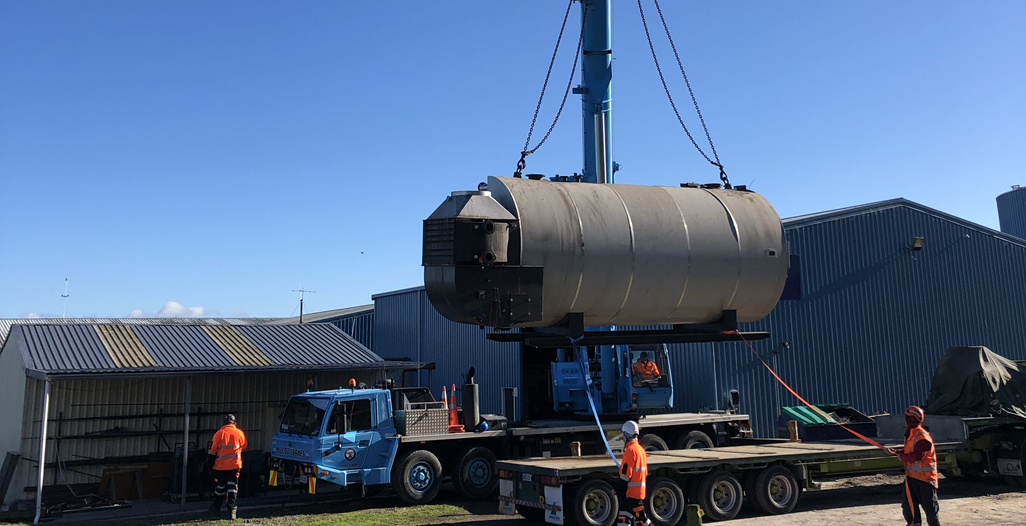
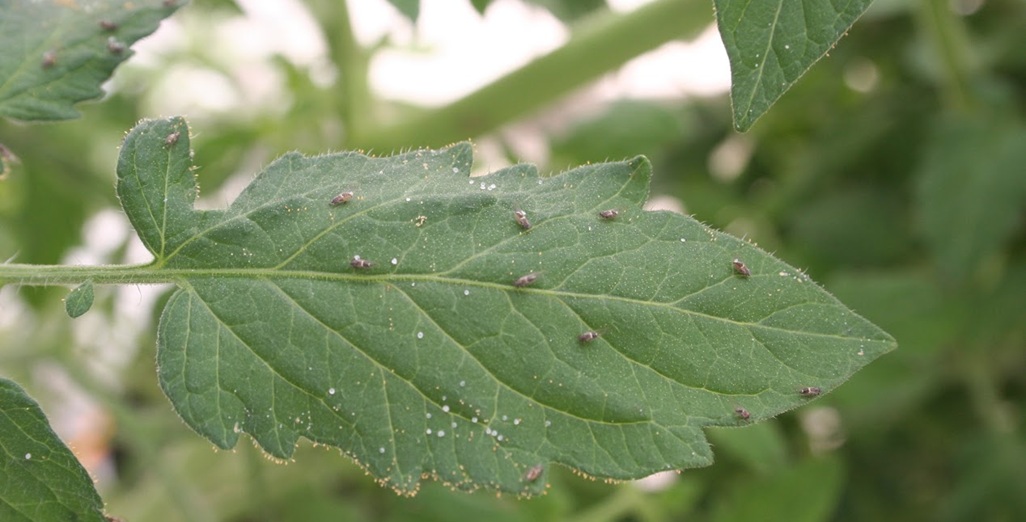
Tomatoes biocontrol focus of new podcast series
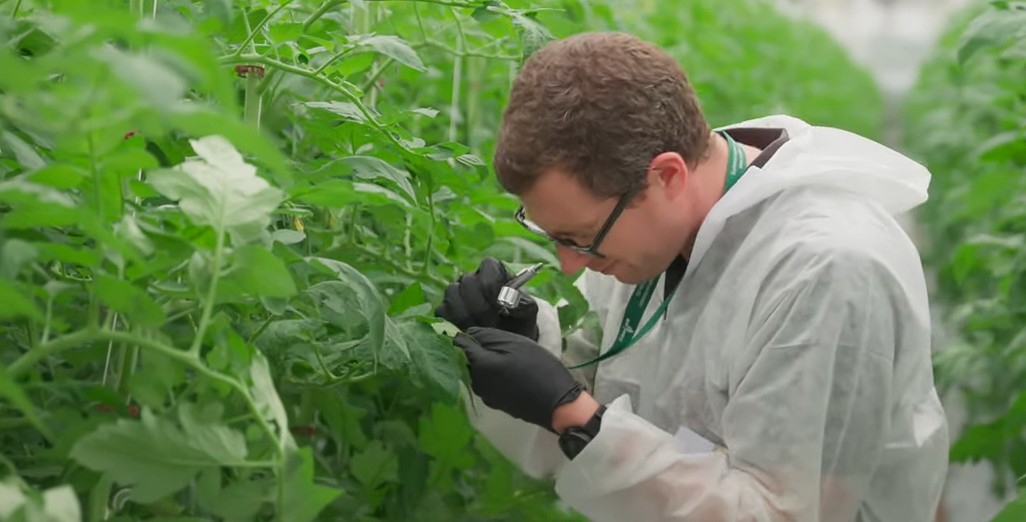
Have your say and go in to win (ALT)
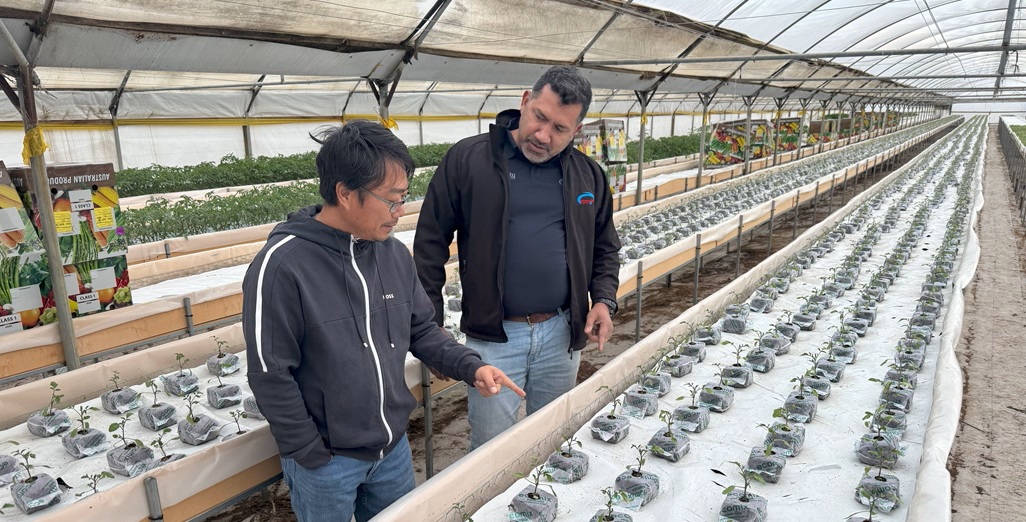
Visit to Ecomix Headquarters in Melbourne
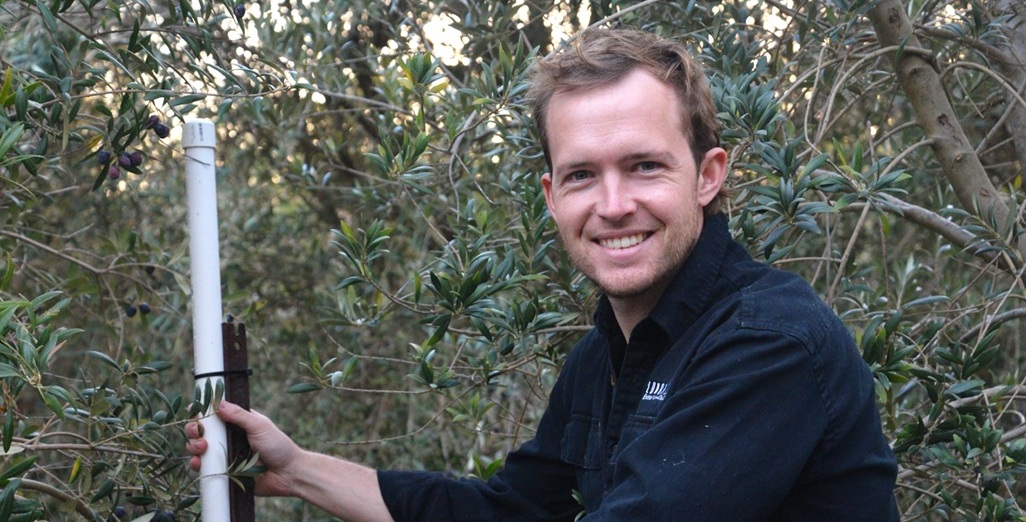
Australian horticulture’s $1 billion annual productivity opportunity
